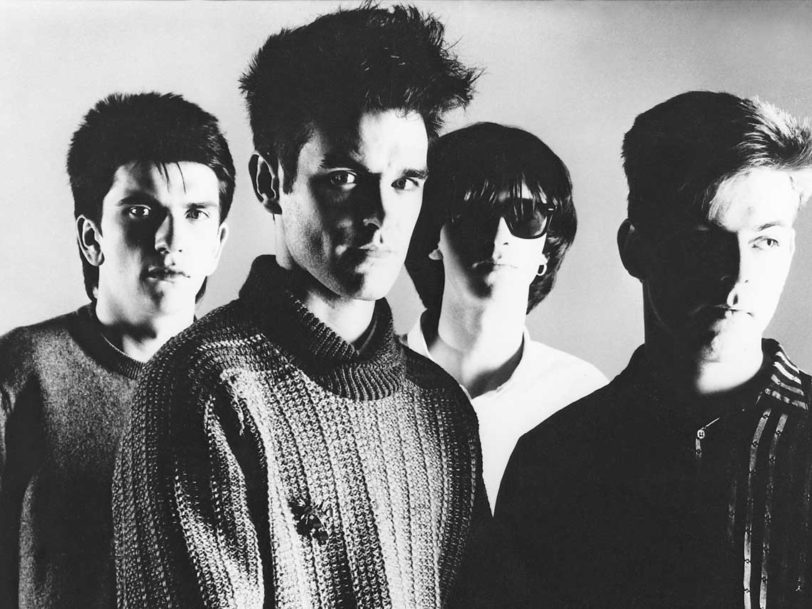Quality always kept pace with quality where The Smiths were concerned. Not only were they the most influential indie-pop outfit to emerge during the 80s, but they were staggeringly prolific, too. Their career lasted barely five years, yet during that time they released close to 80 songs; whether a single, album track or even a B-side, each one was an absolute must-hear. This legendary Manchester quartet left a truly handsome legacy from which to select the best The Smiths songs.
Listen to the best of The Smiths here, and check out our best The Smiths songs, below.
20: Still Ill (1984)
One of The Smiths’ most memorable existential treatises, Still Ill included several of Morrissey’s most-quoted lyrics (not least “England is mine, it owes me a living”) and it went down a storm in concert, remaining a stalwart of The Smiths’ live set throughout their career. The John Porter-helmed version of the song that graces The Smiths’ debut album was more streamlined and arguably had more energy, though many fans preferred the vibey John Peel session version featuring Johnny Marr’s Dylan-ish harmonica breaks and which appeared on Hatful Of Hollow. Whichever you prefer, the irresistibly jangly Still Ill remains one of the best Smiths songs, representing the group hitting an early career peak.




